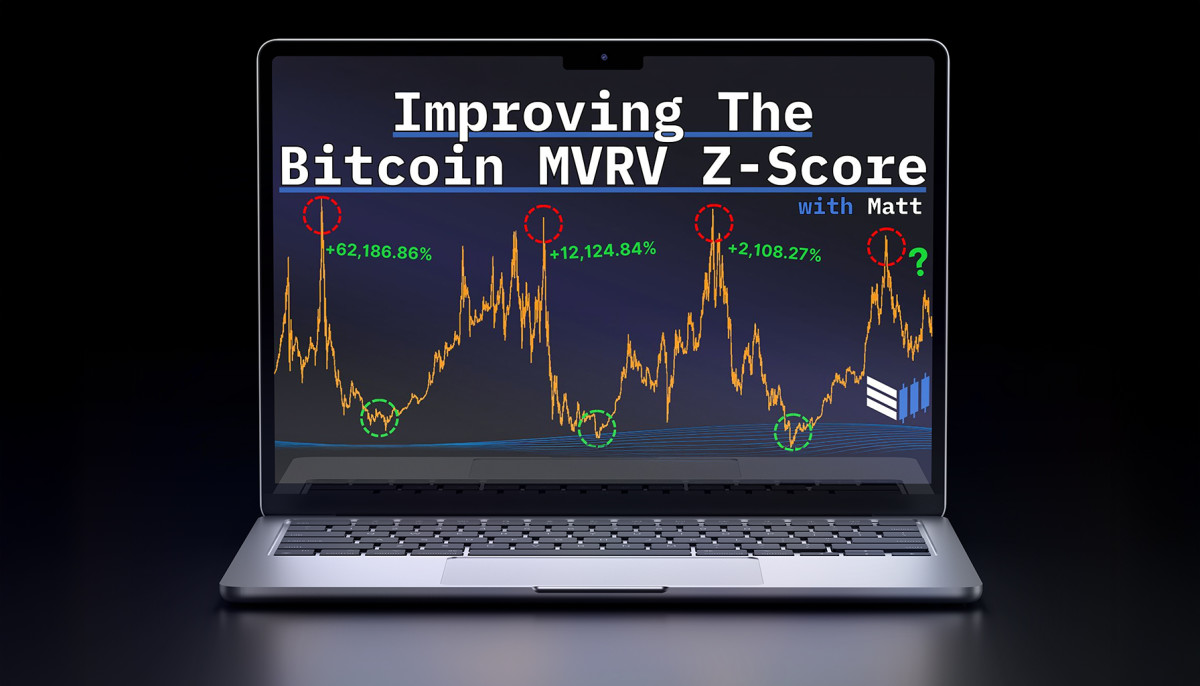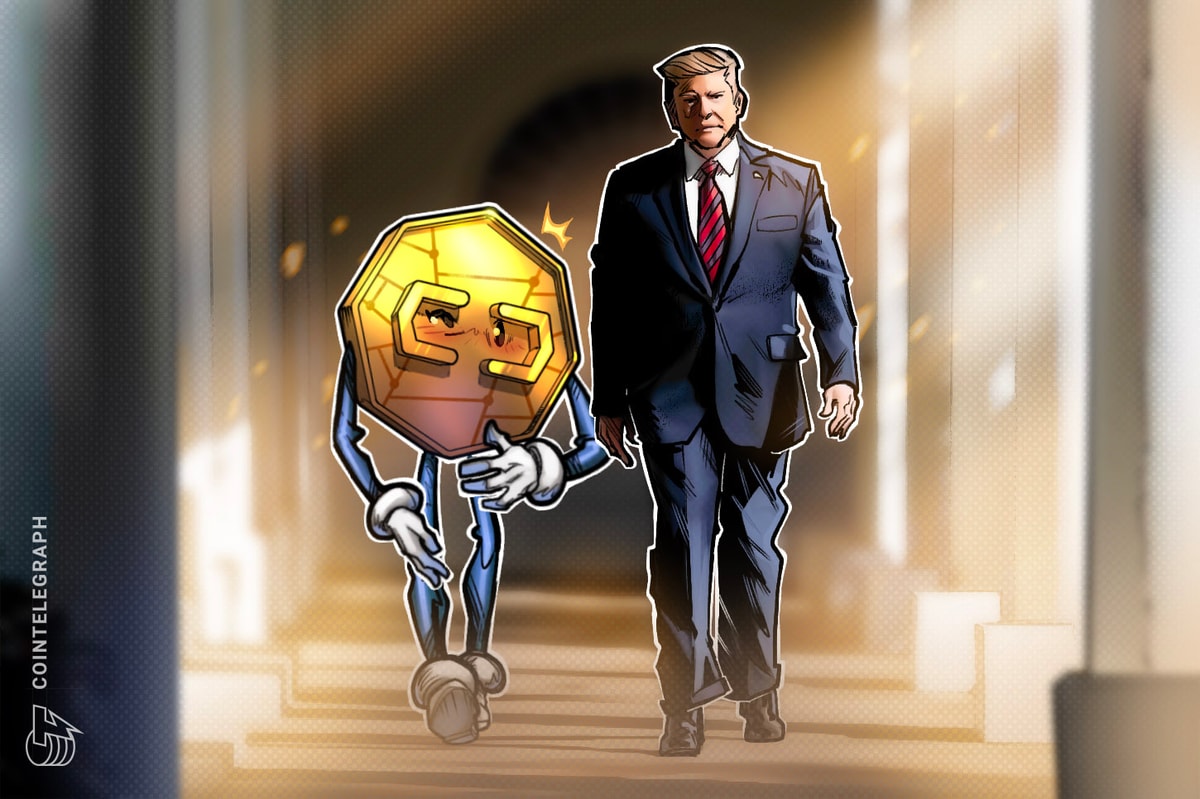As US President-elect Donald Trump’s inauguration looms, Bitcoiners prepare for a potential price pump — a reflection of his pro-crypto promises that may include the adoption of a national Bitcoin (BTC) reserve.
At the center is Senator Cynthia Lummis’ contentious BITCOIN Act of 2024, which would compel the Treasury to acquire 1 million BTC over five years in annual purchases of 200,000 BTC.
This bill has sparked intense debate among crypto pundits. While some see a Bitcoin reserve as a solution to a failing fiat monetary system, others warn of significant risks. It could slide the dollar into hyperinflation, some say. Others believe that if the US doesn’t take the plunge now, it may fall behind.
Ki Young Ju, founder and CEO of onchain analytics firm CryptoQuant, described the debate as a chicken-and-egg dilemma:
Should Bitcoin be adopted early because the dollar is weakening, or could adopting Bitcoin itself be the catalyst for the dollar’s decline?
Source: Ki Young Ju
Pundits say US needs Bitcoin reserve to offset debt
In Suriname, independent presidential candidate Maya Parbhoe is building a campaign centered around anti-corruption. In her eyes, the solution lies in her country taking a page from El Salvador’s playbook: follow the Bitcoin standard.
Parbhoe told Cointelegraph that “endless money printing and [a] Ponzi-like banking system” has created a “loser game that leads to hyperinflation.” She believes the US has been debasing its currency for decades, “robbing its citizens of their hard-earned wealth.”
If Suriname and the US were to adopt Bitcoin, it would “end reckless fiscal policies,” as it would “force governments to live within their means and restore trust in the monetary system,” said Parbhoe.
“Failing to adopt Bitcoin as a reserve asset is equivalent to ignoring the internet in the 1990s. It’s financial suicide.”Samson Mow, CEO of Bitcoin accelerator Jan3, is credited with convincing Parbhoe to run for president. Like Parbhoe, he told Cointelegraph that the US has a chance to free itself from crippling debt through Bitcoin reserves — if lawmakers are bold enough to follow through.
“If the US adopts Bitcoin on a meaningful scale and accumulates reserves comparable to its gold holdings, it could use the future appreciation of Bitcoin to offset or even eliminate the debt. Ultimately, it comes down to rebasing the dollar to Bitcoin.”
Read more: Bitcoin reserves interest gains momentum across 5 continents
As Bitcoin increases in value, it could be used as a financial tool to stabilize or restructure the US economy, shifting the monetary system toward Bitcoin instead of traditional fiat currencies.
Forest Bai, co-founder of Foresight Ventures, told Cointelegraph that from a strategic viewpoint, “not adopting Bitcoin might leave the US behind in the global economic race.”
“Passing the BITCOIN Act is crucial for maintaining America’s financial leadership and ensuring economic resilience.”Bitcoin as a reserve endangers the dollar, others fear
Last month, former New York Fed President Bill Dudley opined that funding a Bitcoin reserve by borrowing through the Treasury could raise debt costs, while using the Federal Reserve could stoke inflation.
Mow agreed with Dudley. “If the US prints money to buy Bitcoin, it risks accelerating the dollar’s slide into hyperinflation.” As an alternative, Mow suggested, “Transitioning gold reserves into Bitcoin would avoid inflationary consequences while strategically strengthening reserves.”
According to Castle Island Ventures partner Nic Carter, a Bitcoin reserve simply doesn’t make sense given the size of the US economy. He argued that smaller nations like El Salvador and Bhutan benefit from Bitcoin adoption, but given the US’ role as the issuer and holder of the global reserve currency, it could destabilize the financial system.
“We [the US] shouldn’t do something that would call into question our own solvency,” said Carter in a Bloomberg TV interview on Dec. 17.
“I don’t believe that it would be prudent, frankly, for the US government to signal a move away from the dollar system [and] move to a commodity standard based on Bitcoin.”Others feel it’s a moot point altogether. Santiago Carbó, an economics professor at the University of Valencia, told Cointelegraph he doubts the bill will pass. Carbó cited Bitcoin’s inability to provide the essential feature of a reserve asset: security.
US Bitcoin reserve may take years to approve
Lummis’ BITCOIN Act was introduced to the Senate at the end of July 2024, before Trump was reelected, and allocated to the Committee on Banking, Housing and Urban Affairs.
It has since laid in wait.
Some speculate that Trump will issue an executive order to buy Bitcoin as soon as Jan. 20, right after his inauguration. What’s more likely, however, is that Trump’s new, carefully positioned pro-crypto lawmakers will help Lummis’ bill rise through the ranks.
Read more: Trump plans executive order making crypto a national priority: Report
Uncorroborated rumors suggest an entirely different bill that would see the Treasury acquire a mixture of US-created cryptocurrencies.
Lummis reiterated her intentions for a US Bitcoin reserve following Trump’s reelection. Source: Sen. Lummis
Either way, a bill like Lummis’ will likely encounter serious opposition. Cyber and digital media attorney Andrew Rossow told Cointelegraph he predicted a two-year timeline for the BITCOIN Act to pass.
However, if the bill faces no opposition, “I would anticipate 10-12 months from start to finish.”
Magazine: Bitcoin vs. the quantum computer threat: Timeline and solutions (2025–2035)

 9 hours ago
7
9 hours ago
7








 English (US) ·
English (US) ·